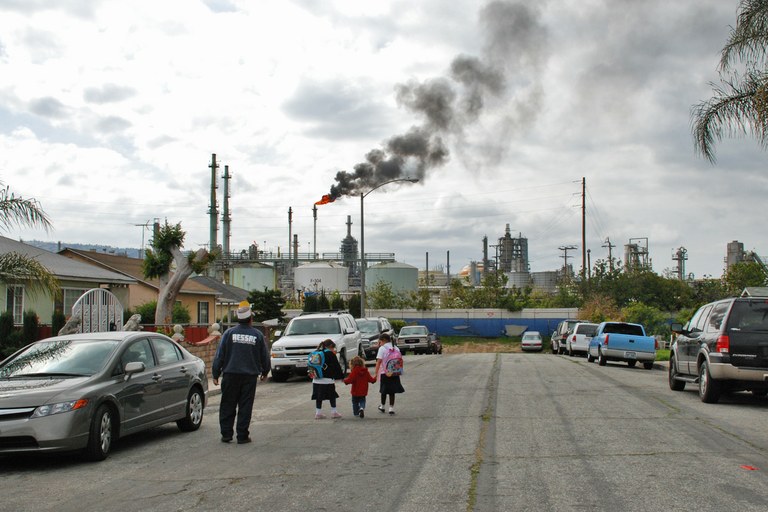
Have You Ever Wondered Why We Haven’t Solved The Climate Crisis?
By Yosi Zelalem
In this blog, Green 2.0 Fall Fellow Yosi Zelalem encourages the environmental movement to adopt an anti-racist framework and create messaging that helps bridge historical gaps between communities.
The question of why we have not solved the climate crisis has troubled me profoundly. The answer is not a lack of technology but a lack of humanity. I am calling on everyone in the environmental space to take one action to fight the climate crisis: commit to anti-racism. To be anti-racist is to “actively combat racial prejudice and discrimination.”
To create an anti-racist climate movement, we must first acknowledge the significant divides in American society. Many Americans believe that anti-racism is an anti-American movement that is overly concerned with political correctness. In my eyes, being anti-racist is the best way to serve our country.
It took me years in the environmental justice space to realize the privilege and bubble in which I had grown up. I’d lived most of my life inside the Washington, DC area and had spent the night in less than ten states. My social circle was also limited; I had no friends from working-class backgrounds and almost no interactions with rural Americans.
During my time in college, I’ve been exposed to a diverse range of Americans. They came from rural Missouri, Texas, and many other places I’ve never visited. While our conversations had plenty of disagreements they gave me real space to grow and learn. At the end of the day, we came to realize that we all want real action to be taken to improve the quality of life in this country.

We as people in the environmental justice field must reach out to our fellow Americans and gain an understanding of their opinions, for these conversations and interactions teach us how to craft meaningful climate and justice messages that help reach all people, no matter their political affiliation.

If we are to adopt anti-racism, then we also need to see ecological racism as acts of racial violence. Placing petrochemical plants next to schools is slow, torturous chemical warfare. We must combat such violence and help free our fellow Americans from this oppression.
We know those who built these sites had some inkling of the danger due to their avoidance of putting them next to White neighborhoods. These people in positions of power did not consider that the environmental impacts would spread beyond Black and brown neighborhoods. Today, the toxicity of America’s urban rivers, algae blooms, and other ecological catastrophes serve to prove them wrong.
We must recognize that racism is to blame for this country’s lack of environmental innovation. The denial of the opportunity to become an innovator to millions of Americans based on their skin color is responsible for our lack of technology.
A fundamental principle of anti-racism is that the removal of barriers is not enough. We must also actively advance diversity and inclusion in new inclusive spaces. To that end, we must do all our power to empower and support this generation of innovators and creators of color. We all rise and sink together, so let us lift our fellow Americans.

Be sure to follow Yosi on LinkedIn to learn more about his work!